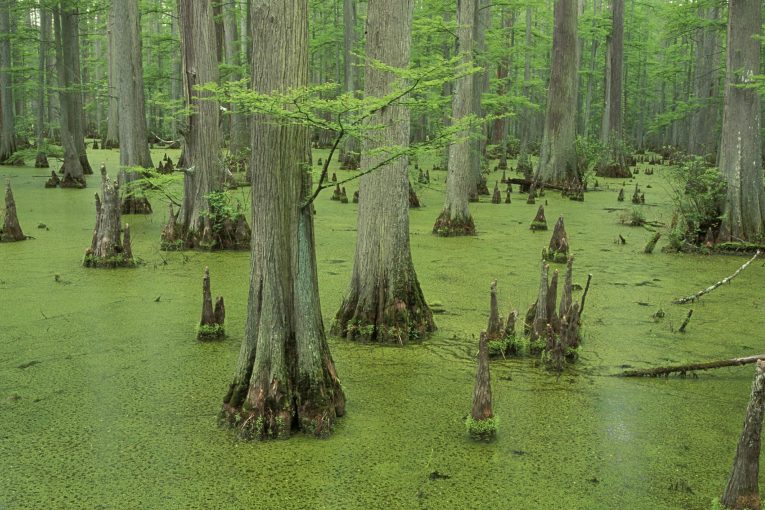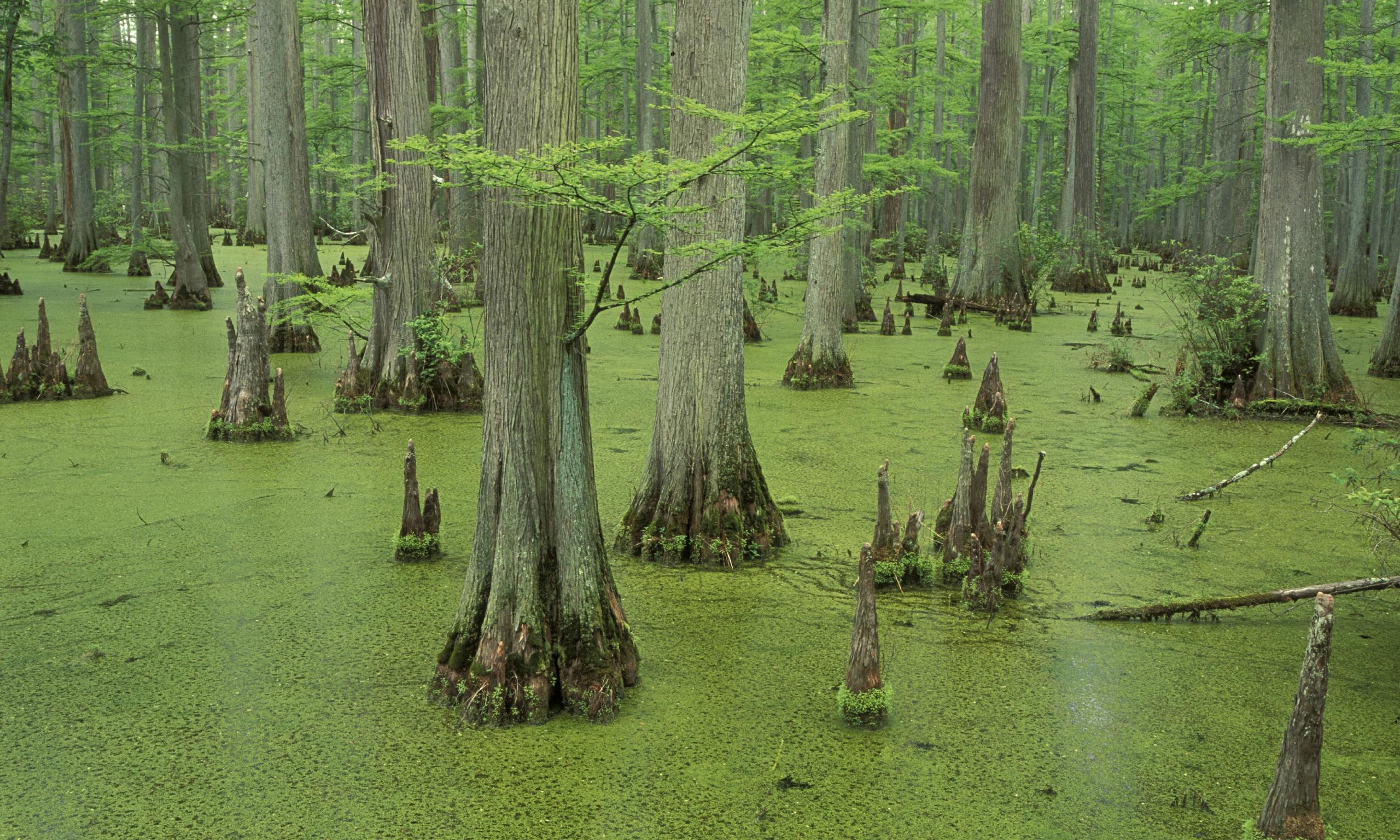

By Alex Hernandez-Zavala
Climate change is real, and it’s as dangerous as ever.
There are many ways to combat climate change in contemporary times, like driving electric cars and using solar energy. But, often, these alternatives prove inaccessible to many people.
So is there a better alternative to combating climate change? Yes, and it’s one you might’ve never thought of: lakes and swamps. Keeping our lakes clean and our swamp ecosystems intact are better alternatives than even buying electric cars when fighting against climate change.
Electric cars and solar panels may be good at combating climate change however, they are relatively inaccessible to the masses––mainly due to their significant prices and lack of recharge stations. According to Insideevs, “utolist ran a recent survey, which reached out to 1,567 vehicle shoppers to find out what they think about EVs. Not surprisingly, the top reasons people aren’t planning on buying an electric car are price, range, and lack of charging infrastructure in their area.”
Though President Joe Biden wants to pass an infrastructure plan that adds more recharge stations to encourage people to purchase electric cars, it’ll still take a while for enough people to buy electric vehicles to make a considerable impact on climate change.
As outlined by the New York Times, “If the United States wanted to move to a fully electric fleet by 2050 — to meet President Biden’s goal of net-zero emissions.” Those 30 years between now and then are critical in the fight against climate change since every year the weather hits peaks of extremities that are beyond normal levels worldwide.
Algae blooms, occurring yearly, cover-up lakes and are detrimental to the local ecosystem and the climate. According to Kxan, “…algae blooms also exude a lot of methane gas into the atmosphere. Methane is a far more potent greenhouse gas than carbon dioxide. It has 21 times the capability to trap heat in the atmosphere.”
The simplest way of handling these algae blooms is to clean them. Cleaning algae blooms in lakes worldwide can significantly reduce the amount of methane released into the atmosphere. There’s no reason not to clean lakes, as the benefits obviously outweigh the costs immensely.
The National Oceanic and Atmospheric Administration is one such organization that provides a number of resources to help people learn about what causes algae blooms and how to clean them. The Aqueon site also provides numerous tips on how to prevent and clean algae blooms
Cleaning algae blooms would create a pathway to bringing communities together. Considering how important lakes are for ecosystems and in their role against climate change, summer can be a time when neighborhoods can build environmentally friendly groups in cleaning their respective lakes as the algae blooms tend to happen in warmer weather, according to the CDC.
Swamps play an equally essential role in maintaining them. The reason swamps are so efficient at tackling climate change is due to how much carbon dioxide they could hold. As stated by Gail Chumra in an article by CBC, “… three to five times more gets stored in the organic matter — in the roots in the soil. And those roots stay there in this kind of ecosystem.” It’s no question that swamps can store a large amount of carbon dioxide. Still, it’s effortless to maintain since all we have to do is not fiddle with that ecosystem.
I’m not saying that electric cars don’t have positive effects on the environment, because they do; they reduce greenhouse gasses tenfold, according to the Office of Energy Efficiency and Renewable Energy. But electric cars aren’t accessible to masses of people. Due to their price, only people in higher socioeconomic statuses will be able to afford and contribute to the fight against climate change.
Though Biden’s new deal aims to make renewable and green energies more accessible, these types of infrastructure plans take time, time that we don’t have to waste in the fight against climate change. Lakes and swamps are accessible to everyone; likewise, everyone can participate in the fight against climate change.

Alex Hernandez-Zavala is a first-year student at UC Davis, double majoring in Psychology and Sociology. He was born in the Central Valley and raised in Salinas, California.
Support our work – to become a sustaining at $5 – $10- $25 per month hit the link:
